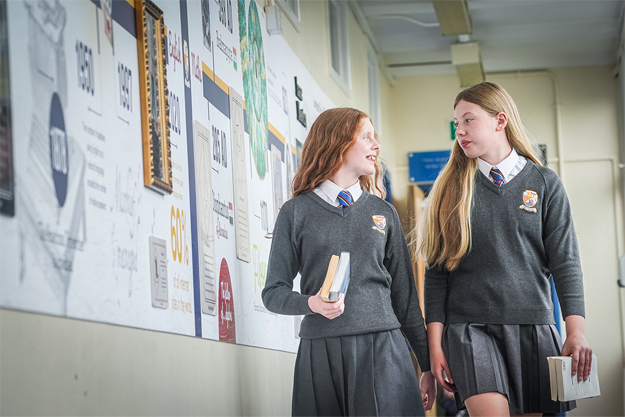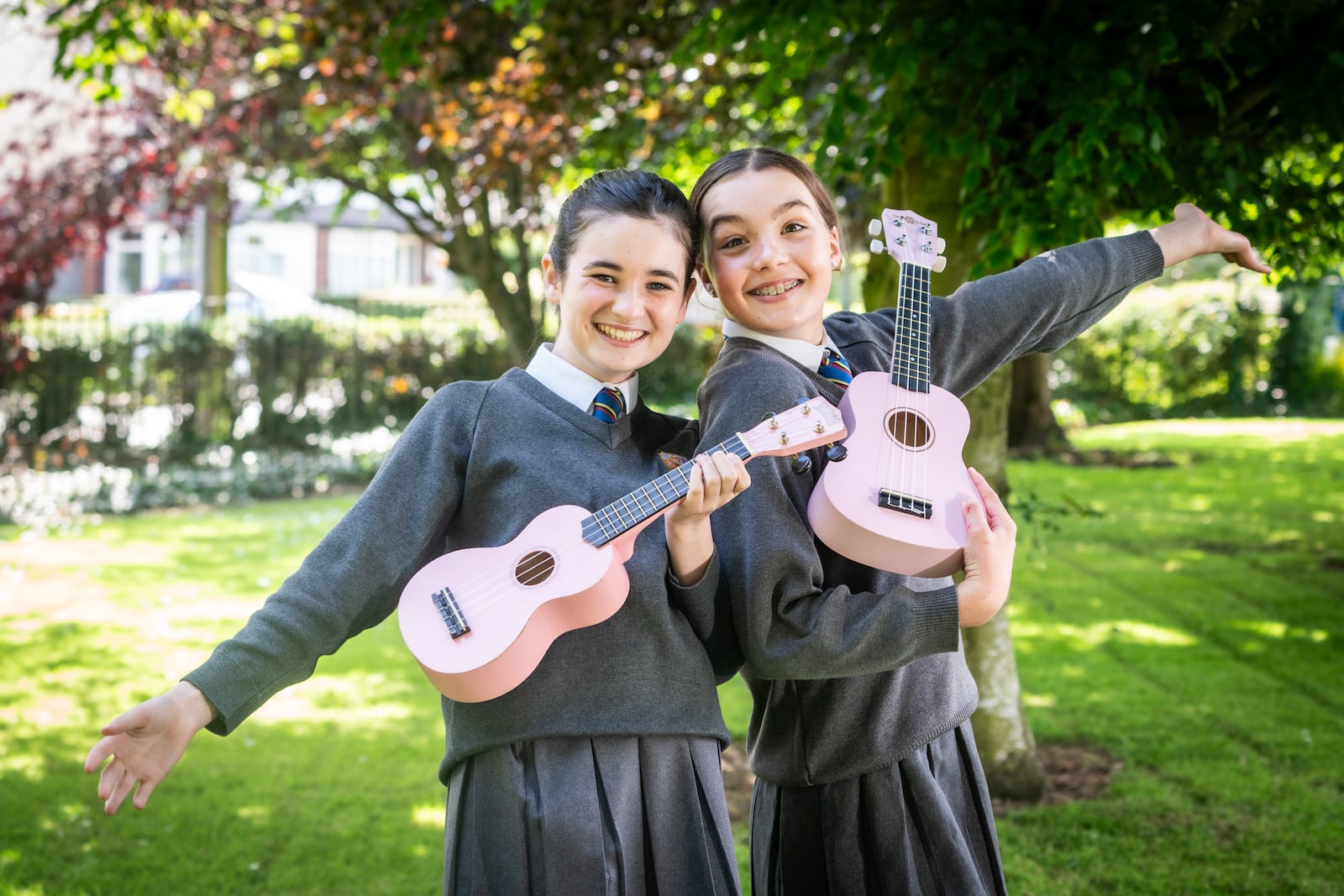GCSE Media Studies is a two-year course which enables our pupils to develop and demonstrate skills of enquiry, critical thinking, decision-making and analysis. Over the two years, our pupils acquire knowledge and understanding of a range of media industries, develop critical understanding of the role of media in society, both currently and historically. Pupils are encouraged to actively comment on, question and challenge media constructs they are exposed to confidently, fluently and critically. The course also contains a practical element (Non-Exam Assessment); whereby pupils are required to create their own media products.
Media Studies also allows our pupils to develop culturally, emotionally, intellectually, spiritually and socially by encouraging them to think openly about contentious and controversial media-driven stereotypes.
Finally, Media Studies also prepares our students for the hugely popular range of related courses in further education and equips them with a variety of valuable transferable skills for the rapidly growing Media influenced job-market.
Y11 Students will sit the AQA GCSE Media exam under the 9-1 grading system.
Paper 1
Written exam: 1 hour 30 minutes – 35% of GCSE
This paper assesses pupils’ understanding and knowledge of the four key areas of study in Media: language, representation, audience and industry. The questions will revolve around CSPs (Close Study Products) chosen by the exam board and studied in class, as well as unseen elements.
The paper contains questions ranging from multiple-choice to extended, factual and opinion-based responses which assess in-depth knowledge of the studied CSPs.
Paper 2
Written exam: 1 hour 30 minutes – 35% of GCSE
In this paper, pupils are also assessed on the four key areas of study mentioned above. However, this paper only targets two of the CSPs studied in class. Section A is based on a screening from an extract of one of the TV dramas studied in class. Section B is based on any one of the following CSPs: Newspapers, Social & Online Media or Video Gaming CSPs.
The paper includes multiple-choice, short answer and extended response questions assessing in depth knowledge of all elements of the course studied.
NEA PROJECT: September to February in Year 11 (home & school) – 30% of GCSE
Pupils are required to independently choose, plan, design and create a media product by meeting the minimum requirements set by the exam board. Pupils are expected to apply knowledge, understanding and skills developed over the course and show practical skills to construct their chosen media product. Pupils will choose one out of five briefs (published yearly by the exam board) and create the product selected from areas such as: TV drama, video gaming, film, websites, advertising/marketing, magazines/newspapers, social media and music videos.
Media Studies at St. Bede’s is taught through the lens of our Catholic ethos. Our pupils will explore, critique and evaluate a range of Media forms, such as: Print, Online, Social/Participatory and Audio/Visual Media. Our pupils are taught to analyse and comment on Media products by challenging any and all forms of bias and prejudice. When studying Media from a Catholic Social Teaching perspective, our pupils are encouraged to actively evaluate Media content, challenge existing stereotypes/representations and measure the impact of Media on individuals, communities and wider society. This approach encourages our pupils to strengthen their moral compass by thinking critically about how Media products can, and should, contribute to a more just and compassionate world where the principles of Human Dignity, Solidarity and the Common Good are championed in our contemporary, media-driven lifestyles.
Not only does our Media curriculum provide our students with the necessary knowledge and skills to deconstruct Media products in the real world around them, but it also allows them to showcase those skills when creating content with a specific purpose and target audience in mind. Pupils will have opportunities to apply their acquired Media knowledge in the following areas:
- Contributing to Audio/Visual content creation for day-to-day school life, such as: assemblies, school website content, school social media channels, fundraising leaflets, and events posters.
- Designing promotional and marketing content for their team’s business during Enterprise Week in Year 10.
- Creating visual aid content for their Speaking and Listening Certificate in English in Year 11.


